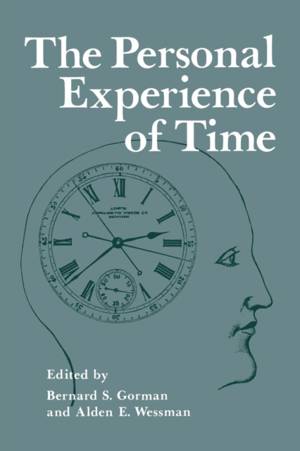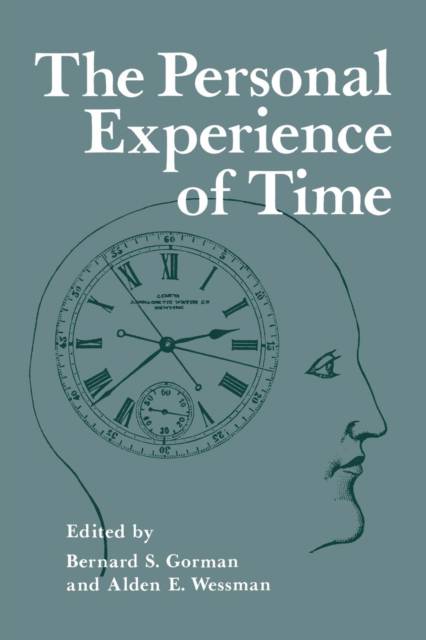
- Afhalen na 1 uur in een winkel met voorraad
- Gratis thuislevering in België vanaf € 30
- Ruim aanbod met 7 miljoen producten
- Afhalen na 1 uur in een winkel met voorraad
- Gratis thuislevering in België vanaf € 30
- Ruim aanbod met 7 miljoen producten
Zoeken
The Personal Experience of Time
€ 83,95
+ 167 punten
Omschrijving
The fundamental nature of human time experience has concerned artists, poets, philosophers, and scientists throughout the ages. Any consideration of human action requires awareness of its temporal aspects. However, simply to view time in the same units and dimensions as the physicist employs in describing events robs personal time of its "lived" quality. The use of physical time concepts in the description of human events is often artificial and misleading. It fails to account for the facts that human time estimates rarely match clock and calendar time; that societies and individuals demonstrate vast differences in their constructions and uses of time; and that temporal perceptions and attitudes change within an individual both during a single day and throughout his life span. The present volume does not view time as something that is sensed in the same way that one would sense or perceive spatial or sensory stimuli. Rather, it views time as a complex set of personally experienced cognitive constructs used by individuals and cultures to account for the order, the duration, and the organization of events. The authors in this book take a strong departure from earlier psychophysical studies of a "time sense" and address themselves to the uses and elaborations of time concepts in personal and social functioning.
Specificaties
Betrokkenen
- Uitgeverij:
Inhoud
- Aantal bladzijden:
- 296
- Taal:
- Engels
- Reeks:
- Reeksnummer:
- nr. 101
Eigenschappen
- Productcode (EAN):
- 9781461341659
- Verschijningsdatum:
- 16/04/2013
- Uitvoering:
- Paperback
- Formaat:
- Trade paperback (VS)
- Afmetingen:
- 152 mm x 229 mm
- Gewicht:
- 417 g

Alleen bij Standaard Boekhandel
+ 167 punten op je klantenkaart van Standaard Boekhandel
Beoordelingen
We publiceren alleen reviews die voldoen aan de voorwaarden voor reviews. Bekijk onze voorwaarden voor reviews.










